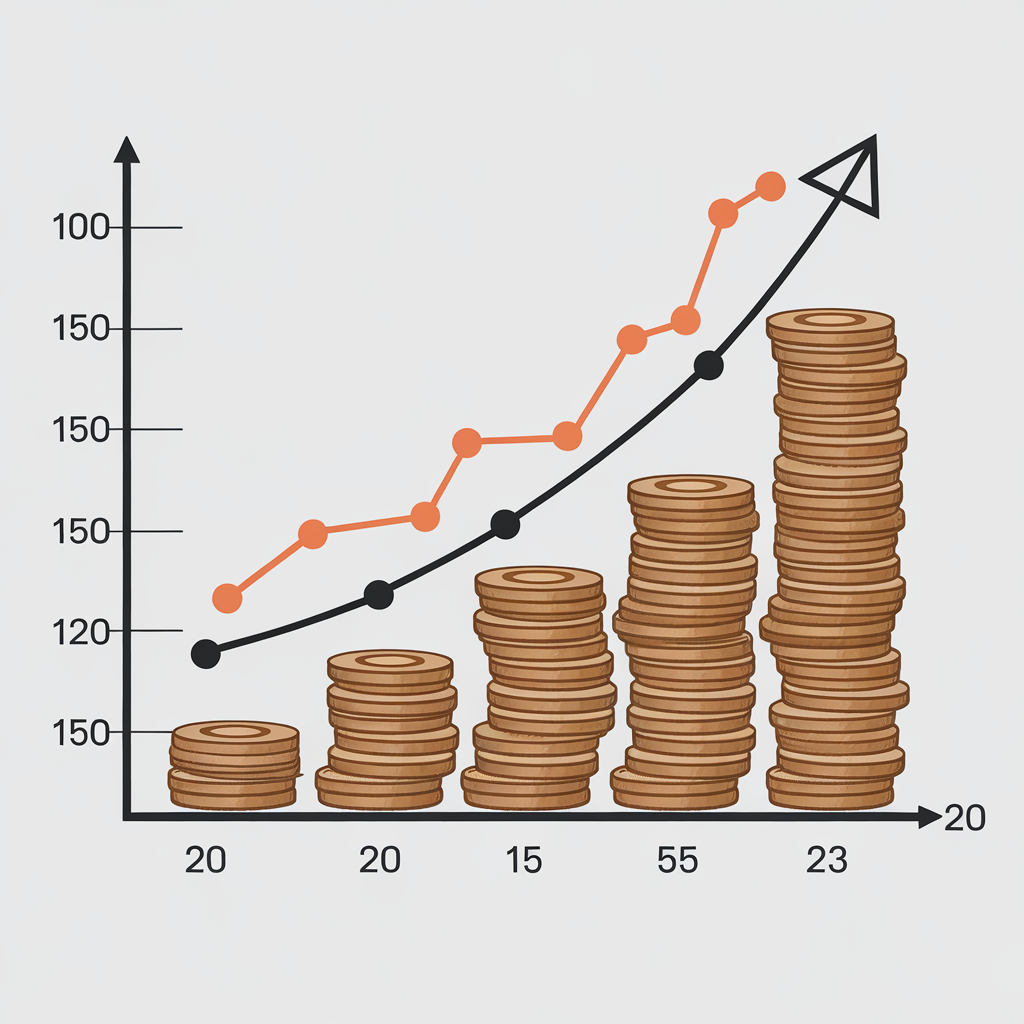Understanding Jumbo Loans: A Comprehensive Guide
Are you considering purchasing a high-value property that exceeds the standard loan limits? If so, a jumbo loan might be the right option for you. At O1ne Mortgage, we specialize in providing tailored mortgage solutions, including jumbo loans, to help you finance your dream home. Call us at 213-732-3074 for expert guidance on your mortgage needs.
What Is a Jumbo Loan?
A jumbo loan is a type of mortgage that exceeds the maximum loan limits set by the Federal Home Finance Agency (FHFA). These loans are designed for financing properties that are more expensive than the average home in a given area. Because they surpass federal limits, jumbo loans come with more stringent qualification requirements compared to conforming loans.
How Do Jumbo Loans Work?
Jumbo loans allow borrowers to finance homes for amounts greater than the maximum allowed on loans eligible for purchase by Fannie Mae and Freddie Mac, the government-sponsored enterprises (GSEs) that buy and sell mortgages in the United States. The FHFA sets criteria that loans must meet to be eligible for purchase by these GSEs. Loans that meet these criteria are called conforming loans, while those that exceed the limit are known as jumbo loans.
Conforming loan limits vary by county and are typically reflective of home values in the communities where they apply. For 2024, the conforming loan limit (CLL) on a single-family home loan for most U.S. counties is $766,550. In high-cost areas like Alaska, Hawaii, Guam, and the U.S. Virgin Islands, the limit can go up to $1,149,825.
Jumbo Loans vs. Conforming Loans
The primary difference between jumbo loans and conforming loans is the loan amount. Jumbo loans exceed the local CLLs and are considered non-conforming loans. Because of this, lenders are extra cautious when issuing jumbo loans, often setting steeper credit eligibility and income requirements. Additionally, properties financed by jumbo loans are often significantly more expensive, making them difficult to price based on comparable properties. As a result, lenders may require two appraisals to determine their market values.
Requirements for Jumbo Loans
Jumbo loans come with more stringent requirements compared to conforming loans. Here are some of the key requirements:
Higher Credit Score
Most lenders require a FICO® Score of 720 or better for jumbo loans, and typically will not accept scores lower than 700. In contrast, conforming mortgages may accept scores as low as 620.
Lower Debt-to-Income Ratio (DTI)
Lenders issuing jumbo loans typically exclude applicants with a debt-to-income ratio exceeding 36%. For conforming mortgages, DTIs as high as 50% may be acceptable.
Higher Down Payment
While conforming loans may accept down payments as low as 3%, jumbo loan issuers typically require at least 10% down, with some requiring up to 30%. If you put down less than 20% on a jumbo loan, expect to pay private mortgage insurance (PMI).
Significant Cash Reserve Requirements
To minimize the chances of missed payments, lenders often require applicants to show they have savings or other assets sufficient to cover up to 12 months of loan payments.
Dual Appraisals
Because jumbo loans apply to properties that are exceptionally large or have unusual amenities, lenders often require two appraisals before approving the loan.
Pros and Cons of Jumbo Loans
Pros
Access to high-end properties: A jumbo loan can enable you to finance a home with a considerably higher market value than other homes in your community.
Piggyback alternative: When seeking a mortgage for an amount that exceeds the local CLL, an alternative to a jumbo loan is a piggyback loan. This consists of two separate mortgages—a primary loan in an amount equal to the CLL and a second loan that covers the remainder of the home price.
Cons
High costs: The price tag on a property that requires a jumbo loan is high to begin with. When higher interest rates and closing fees typical of jumbo loans are applied, borrowing costs can run into millions of dollars over the life of the loan.
Stiff eligibility requirements: Unless you have credit scores of roughly 700 or better, a DTI ratio of about 36% or lower, and access to significant cash savings or other assets, you may not qualify for a jumbo loan.
Limited tax deductibility: Revisions to federal tax law enacted in 2018 lowered the maximum amount of mortgage debt for which interest payments are deductible from $1 million to $750,000. This means you could see a drop in your annual deduction if you take out a new jumbo loan.
When Does It Make Sense to Get a Jumbo Loan?
If you’re in the market for a home that’s significantly more costly than the average house in your locale, a jumbo loan may be your best financing option. However, applying for a jumbo loan only makes sense if you meet the rigorous qualification requirements. Ideally, you’ll have a credit score of 700 or above and enough cash to put at least 20% down and still have plenty left over for extra appraisals, closing costs, and six months of loan payments.
Even if you qualify, you may want to think twice if you expect to need to resell the property quickly. Potential buyers will have to meet all the jumbo-loan requirements you did to qualify for financing. Even in hot real estate markets, properties priced significantly above the local median can take longer to sell due to the smaller pool of potential buyers.
The Bottom Line
Qualifying for a jumbo mortgage can be intimidating, and the loan will carry high interest rates and fees even for applicants with very good credit. If your sights are set on an exceptionally pricey home and you have the means needed to qualify, a jumbo loan may be the best option for financing your dream home.
At O1ne Mortgage, we are committed to helping you navigate the complexities of jumbo loans. Call us at 213-732-3074 for personalized assistance and expert advice on your mortgage needs. Let us help you make your dream home a reality.







